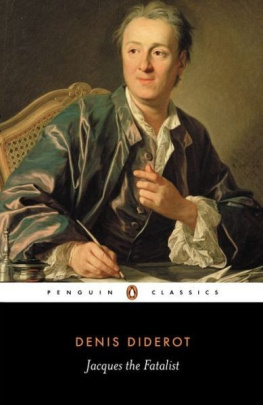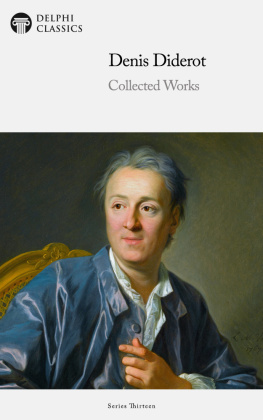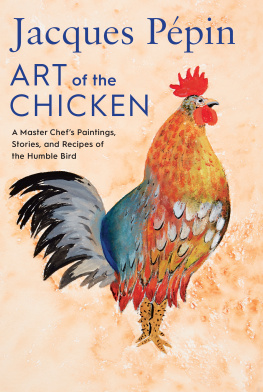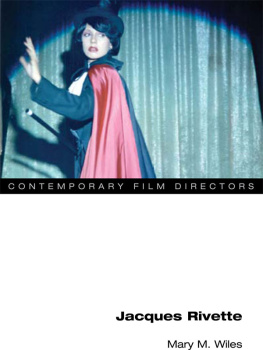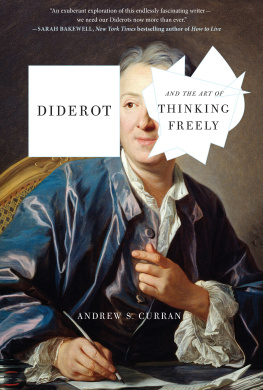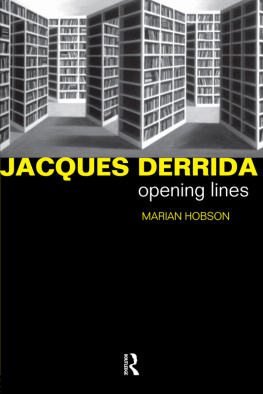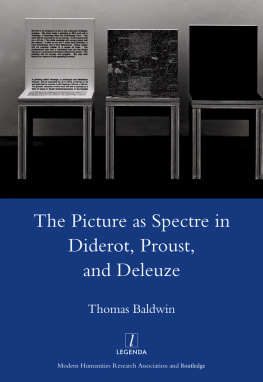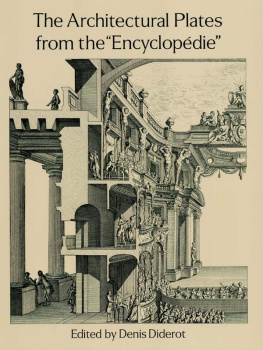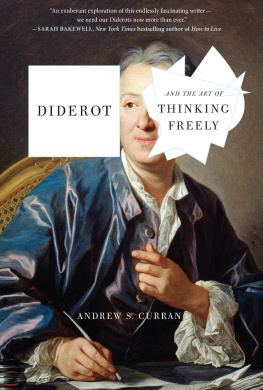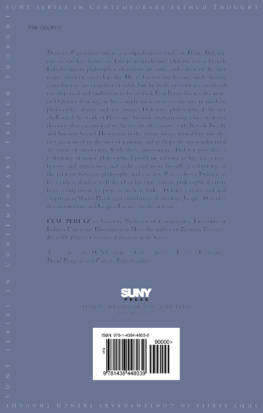Denis Diderot - Jacques the fatalist and his master
Here you can read online Denis Diderot - Jacques the fatalist and his master full text of the book (entire story) in english for free. Download pdf and epub, get meaning, cover and reviews about this ebook. year: 0, publisher: PENGUIN BOOKS, genre: Detective and thriller. Description of the work, (preface) as well as reviews are available. Best literature library LitArk.com created for fans of good reading and offers a wide selection of genres:
Romance novel
Science fiction
Adventure
Detective
Science
History
Home and family
Prose
Art
Politics
Computer
Non-fiction
Religion
Business
Children
Humor
Choose a favorite category and find really read worthwhile books. Enjoy immersion in the world of imagination, feel the emotions of the characters or learn something new for yourself, make an fascinating discovery.
- Book:Jacques the fatalist and his master
- Author:
- Publisher:PENGUIN BOOKS
- Genre:
- Year:0
- Rating:3 / 5
- Favourites:Add to favourites
- Your mark:
- 60
- 1
- 2
- 3
- 4
- 5
Jacques the fatalist and his master: summary, description and annotation
We offer to read an annotation, description, summary or preface (depends on what the author of the book "Jacques the fatalist and his master" wrote himself). If you haven't found the necessary information about the book — write in the comments, we will try to find it.
Jacques the fatalist and his master — read online for free the complete book (whole text) full work
Below is the text of the book, divided by pages. System saving the place of the last page read, allows you to conveniently read the book "Jacques the fatalist and his master" online for free, without having to search again every time where you left off. Put a bookmark, and you can go to the page where you finished reading at any time.
Font size:
Interval:
Bookmark:


JACQUES THE FATALIST
D ENIS D IDEROT was born at Langres in eastern France in 1713, the son of a master-cutler. He was originally destined for the Church, but rebelled and persuaded his father to allow him to complete his education in Paris. For most of his twenties and early thirties, Diderot remained nominally a law student, but in fact led a rather precarious and Bohemian existence. He read extensively during this period, and this is reflected in his early works such as the Penses philosophiques (1746) and the Lettre sur les aveugles (1749) which show a keen interest in contemporary philosophical issues. During the early 1740s Diderot met three contemporaries of great future significance for himself and for the age: dAlembert, Condillac and J.-J. Rousseau. In 1747 Diderot embarked on the most important task of his life, the editorship of the Encyclopdie, whose publication he oversaw until its completion in 1773. Diderots boldest philosophical and scientific speculations are brilliantly summarized in a trilogy of dialogues collectively known as Le Rve de dAlembert (1769). With Le Neveu de Rameau, begun in 1761, and Jacques le Fataliste, written between approximately 1755 and 1784, Diderot produced his greatest works of prose fiction, works which are highly original and daring, both in their form and in their content. Towards the end of his life, by now one of the most famous French writers, Diderot visited Saint Petersburg at the invitation of one of his most powerful admirers, the empress Catherine the Great, to whom he had promised his extensive library in return for her financial assistance. He died in 1784.
M ARTIN H ALL was born in 1946. He studied French and German at Christ Church, Oxford, and is at present a lecturer in French at Kings College, London.
M ICHAEL H ENRY was born in 1954 and read French at Kings College, London, graduating in 1977. His radio adaptation of this translation was produced by Radio 3, directed by John Theocharis. He now makes a living as an entertainment lawyer.
DENIS DIDEROT

AND HIS MASTER

Translated by Michael Henry
with an Introduction and Notes
by Martin Hall
PENGUIN BOOKS
PENGUIN BOOKS
Published by the Penguin Group
Penguin Books Ltd, 80 Strand, London WC2R 0RL, England
Penguin Putnam Inc., 375 Hudson Street, New York, New York 10014, USA
Penguin Books Australia Ltd, Ringwood, Victoria, Australia
Penguin Books Canada Ltd, 10 Alcorn Avenue, Toronto, Ontario, Canada M4V 3B2
Penguin Books India (P) Ltd, 11 Community Centre, Panchsheel Park, New Delhi 110 017, India
Penguin Books (NZ) Ltd, Cnr Rosedale and Airborne Roads, Albany, Auckland, New Zealand
Penguin Books (South Africa) (Pty) Ltd, 24 Sturdee Avenue, Rosebank 2196 South Africa
Penguin Books Ltd, Registered Offices: 80 Strand, London WC2R 0RL, England
www.penguin.com
This translation first published 1986
Copyright Michael Henry, 1986
Introduction copyright Martin Hall, 1986
All rights reserved
The publishers gratefully acknowledge permission to base this translation upon the text of Jacques le Fataliste edited by S. Lecointre and J. Le Galliot, Editions Droz, Paris, 1977.
Except in the United States of America, this book is sold subject to the condition that it shall not, by way of trade or otherwise, be lent, re-sold, hired out, or otherwise circulated without the publishers prior consent in any form of binding or cover other than that in which it is published and without a similar condition including this condition being imposed on the subsequent purchaser
ISBN: 978-0-14-196122-4

Denis Diderot was born in Langres in 1713, leaving the town in 1728 for Paris, where he lived until his death in 1784. What little evidence there is of Diderots life and activities during his first dozen years in the capital suggests that he led the Bohemian life of an aspiring man of letters, often forced to resort to literary hack-work, private coaching and translation to make ends meet. His family helped him out for some years until Diderot quarrelled with his father in 1743 over his marriage plans. In spite of all these difficulties, these were the years in which Diderot developed his literary and intellectual talents and became keenly interested in contemporary developments in literature, philosophy and science.
In the late 1740s Diderot was approached by a consortium of Parisian publishers and asked to take over joint editorial control with the eminent mathematician dAlembert of a project to translate and furnish suitable additions to Chambers Cyclopaedia. In October 1747 Diderot signed a contract with the publishers, and so embarked on the single most important enterprise of his life. What finally emerged over the next twenty-odd years was one of the greatest and most representative monuments of the Enlightenment, the Encyclopdie ou Dictionnaire raisonn des sciences, des arts et des mtiers. This work the first modern encyclopaedia ran to seventeen folio volumes of text and eleven of plates. After dAlembert withdrew in 1758, Diderot was left in sole editorial control. In addition to the normal tasks of an editor he also took on a major role as researcher and contributor to the Encyclopdie. His articles were among the best and most original and covered topics ranging from the technological to the metaphysical.
From its early days the Encyclopdie was at the centre of political and ideological conflict. Far from being allowed to carry on his work in an atmosphere of peace and tranquillity, Diderot had to cope with the hostility of the parlements, the greater part of the Catholic Church, an important party at Court and various other influential groups as well as with the threat of prosecution and censorship.
His labours and difficulties were, however, justified by the importance of what was achieved. The Encyclopdie brought together the leading intellectual and scientific lights of the age. More than any other eighteenth-century work it defined the consensus of liberal and progressive ideas and values which was the Enlightenment. The Encyclopdie made Diderot a figure of European reputation and the acknowledged leader of the militant younger group of philosophes. The Encyclopdie also gave Diderot financial security and a large degree of independence besides stimulating the development of an omnivorous intelligence which made him the greatest polymath among the philosophes.
Nevertheless, the Encyclopdie never constituted Diderots exclusive preoccupation, nor does it contain his most interesting contribution to the literature and thought of the period. This lies in writings that remained largely unknown to the general public during his lifetime, and which were written both during and after the publication of the Encyclopdie. Thus, Diderots masterpiece of scientific speculation,
Font size:
Interval:
Bookmark:
Similar books «Jacques the fatalist and his master»
Look at similar books to Jacques the fatalist and his master. We have selected literature similar in name and meaning in the hope of providing readers with more options to find new, interesting, not yet read works.
Discussion, reviews of the book Jacques the fatalist and his master and just readers' own opinions. Leave your comments, write what you think about the work, its meaning or the main characters. Specify what exactly you liked and what you didn't like, and why you think so.

